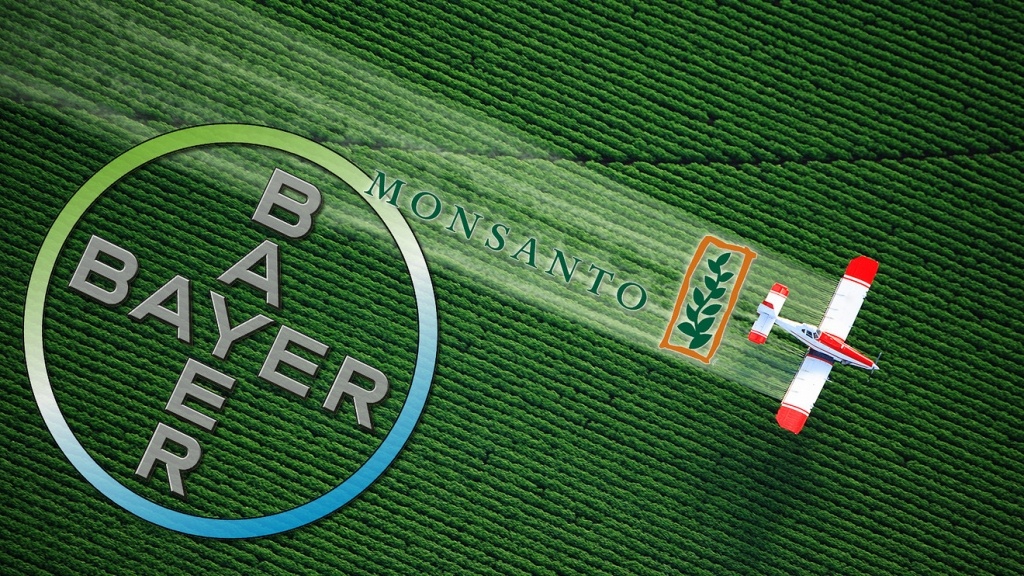In June of 2020 it was announced that Bayer-Monsanto had reached the "largest settlement in pharma history" by agreeing to pay $10 Billion to settle about 125,000 lawsuits by people who died or came down with cancer from glyphosate poisoning, the main ingredient in Roundup, the world's most heavily used herbicide (weed killer) that is found in most food today.
But there is one lawsuit that Bayer has contested, where plaintiff Edwin Hardeman was awarded $80 million in damages due to having non-Hodgkin lymphoma (NHL), a known side effect to too much exposure with glyphosate.
The trial court judge reduced his settlement award to $25 million, and Bayer appealed the decision, which was upheld by the Ninth Circuit Court of Appeals.
It is now before the U.S. Supreme Court, and U.S. Solicitor General Elizabeth Prelogar has recommended that the Supreme Court deny Bayer's appeal.
The stakes are high, as the Supreme Court's ruling could affect all future lawsuits against Bayer-Monsanto, and possibly even past lawsuits.
What will the Supreme Court do, and just what are the Wall Street Billionaires and Bankers who largely control the Supreme Court planning behind the scenes in all of this?
To rule in favor of Bayer could save investors $billions, and allow the EPA to continue to authorize the use of the world's most deadly herbicide to continue to be sold and used to poison our food supply.
If they allow the decision of the Ninth Circuit to stand, how will that affect what the EPA does next regarding approving Roundup for agricultural use?
While many people and groups have been calling on a ban of glyphosate-based herbicides, the fact is that if it is banned outright immediately, a very significant percentage of agriculture will no longer be able to produce food, as certain crops, such as corn, are over 90% genetically modified and could not grow without the herbicide Roundup. It would take many years to transition to something else.
Whatever the reasons are behind the scenes for what the Supreme Court does, the stakes are high, and the results could be disastrous no matter which way the High Court rules.
The best case scenario would be to allow all these lawsuits from people killed or injured by glyphosate to receive their settlements, and to put pressure on the EPA to start phasing out the use of Roundup giving farmers enough time to make the transition, so as to not bring major disruptions to the already fragile food supplies.
But in that scenario the people would win, and Wall Street would lose, and that is just not something I see happening much, if at all, in today's judicial system.





